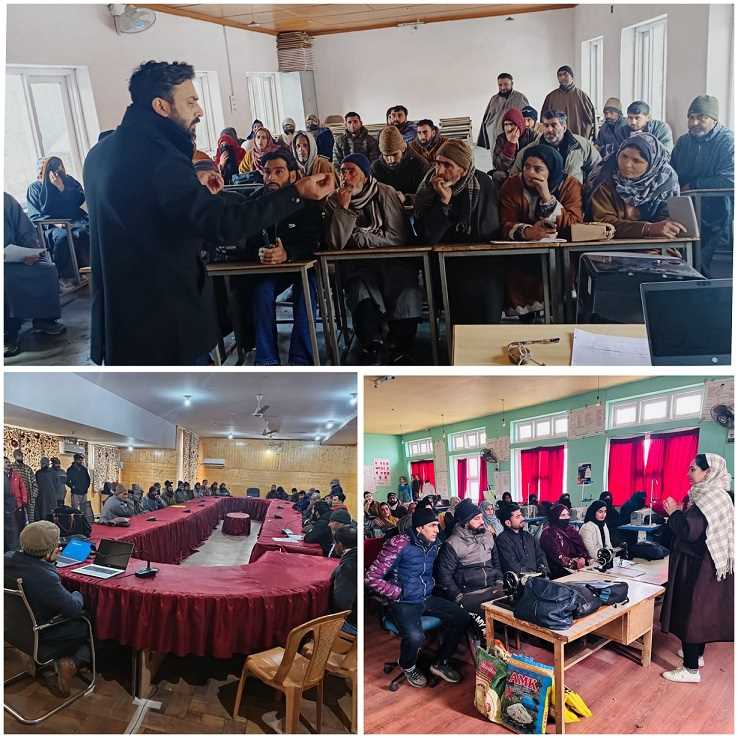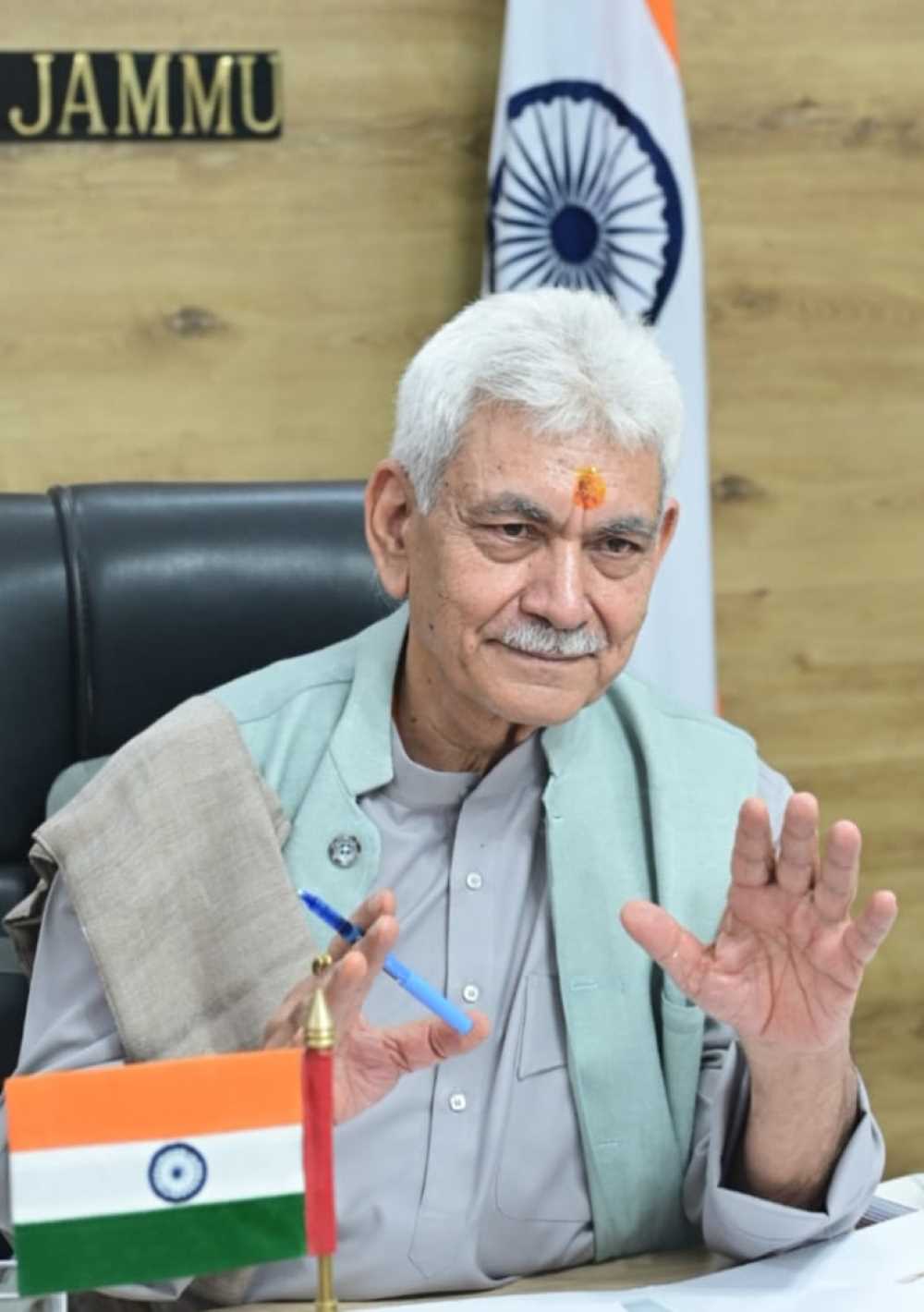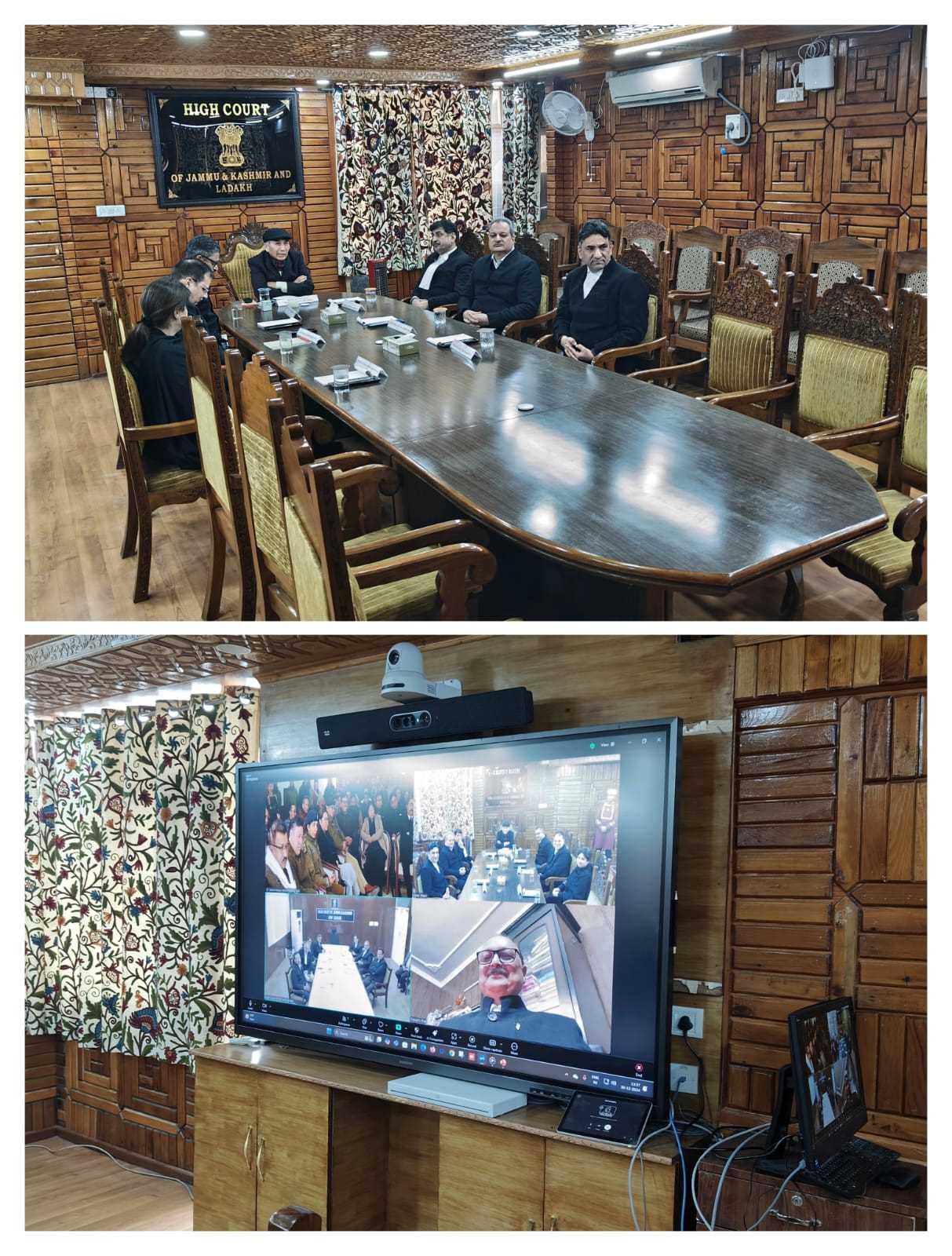
India’s bid to get a permanent seat is backed by a number of the current permanent UNSC members. Several nations, including the United States of America, Russia, France among others have endorsed India in several platforms including on the UN SC
At the present time, India has actively called for it to be granted a permanent member status in the United Nations Security Council (UNSC). Besides being the largest democracy in the world, with over 1.4 billion people and rapidly assuming a powerful place on the international stage, India has garnered considerable backing for a permanent post.
India has the fifth largest economy globally and recently demoted the United Kingdom from the list. The global monetary organisation known as the International Monetary Fund (IMF) put India’s GDP at $3.73 trillion in 2023. Currently, India is one of the fastest growing economies and it is expected to rank among the top three economic giants by 2030 alongside United States and China. India is in a position to contribute more towards various global activities due to a strong economic background and its in a position to be part of the decision making process.
India is the largest democracy and has a strong parliamentary form of government and the country represents over 1.4 billion people. It is also expected to be the nation with the largest population by 2027, overtaking China. A country with such a population should be allowed to be on the UNSC for it represents a very large proportion of the global population. This is because the Indian political system is rooted in the principles of democracy and has managed to uphold democratic tenets, which are instrumental in enhancing stability and preventing conflict globally – therefore being consistent with the goals of the United Nations Security Council.
India stands fifth in United Nations Peacekeeping forces with more than 2,50,000 soldiers of India joining United Nations operation from 1950. As of now there are approximately 5,500 Indian troops deployed in different theatres globally including the DRC, Lebanon, South Sudan, etc. Such a constant tone accentuates the intention of India in ensuring that there is peace and stability in the world.
After 1947 India has had a very clear and transparent policy that it will not be joining either camp while also not favouring either superpower. India was always at the forefront for leading the non-aligned movement during the cold war despite the fact that the country was allied to neither the America nor Russia. This standing was instrumental in giving India recognition of a diplomatic go between. As a permanent member of the UNSC this will encourage fair activeness in balancing conflict resolutions for continued impartiality.
Multilateral institutions and regional cooperation have always received Indian support. It has been a member of such unions as BRICS (Brazil, Russia, India, China, South Africa), the G20 and the Commonwealth. In this regard, Prime Minister Narendra Modi and previous leaders of India have always insisted on the solution on global problems through multilateralism. UNS based, India could provide a middle ground to the developing and developed countries for better world order.
While Asia hosts more than half of the world population, it is unrepresented when it comes to the permanent membership in the UNSC. At present, there is only China, a permanent member country from the region that is part of the world. This leaves a rather skewed picture, specifically, Asian POVs, which is diverse and burgeoning are largely underrepresented. India would help redress this situation by providing a platform for airing more issues that affect developing nations. It would also serve representation for South Asia region that is responsible for a quarter of world’s populace.
India is gradually stepping up as a global power in combating climate change. One of the recent examples is International Solar Alliance launched by India and France during the COP 21 in Paris in 2015. India has presented challenging climate targets which include getting to net zero by 2070 and adding 500 GW of renewable energy by 2030. Membership of the permanent UNSC would allow India to be an active participant in determining international climate policies-under conditions where climate crises occur.
India’s bid to get a permanent seat is backed by a number of the current permanent UNSC members. Several nations, including the United States of America, Russia, France among others have endorsed India in several platforms including on the UN SC. During his visit to India in 2021, Antony Blinken, the U.S. Secretary of State, announced that the United Sates backs the involvement of India in the reformed UNSC. Support of several large nations around the world contributes significantly to the position of India for obtaining permanent seat.
India is one of the South Asian countries which is strategically positioned and has an influence in the responsiveness of stability in the region. India has clearly declared its stand against terrorism and has been quite active in asserting its presence as a major contributor to security in South Asia in view of conditions in Afghanistan and the relations with Pakistan. Fifty years from now India would continue to make even greater contribution to maintenance of international peace and security in case of its permanent membership of the UNSC.
Last but not least of these factors, India is a responsible nuclear weapon state that has declared it will not use nuclear weapons first. India is not a party to the NPT but it has a good record on the question of non-proliferation and has engaging in the multilateral process for nuclear disarmament. This responsible approach is in harmony with India’s candidature for a permanent membership of the UNSC.
Despite the fact India has the support of most member states, it faces some problems. China – one of the permanent members of the UNSC – has not endorsed India’s bid for a permanent membership term in the organisation citing balance of power argument. Similarly, expanding the membership of the UNSC for permanent seat entails fundamental change of structure which most nations do not want because of the power and voting rights associated with it.
India is a dynamic rising economic power, function under democratic values, actively contributing to the peacekeeping, and a prominent supporter of an international organization such as UN. Utilizing the society support of key players in the international community and the record in endorsing peace, stability, and tangible development in the world, India has every potential to offer a positive impact to the work of the UNSC. Though the expansion of the permanent member in terms of membership can elongate the table of the UNSC it will not only be more representative but more efficient in dealing with the issues of the modern world today.
Email:-------------vaizzargar@rediffmail.com



India’s bid to get a permanent seat is backed by a number of the current permanent UNSC members. Several nations, including the United States of America, Russia, France among others have endorsed India in several platforms including on the UN SC
At the present time, India has actively called for it to be granted a permanent member status in the United Nations Security Council (UNSC). Besides being the largest democracy in the world, with over 1.4 billion people and rapidly assuming a powerful place on the international stage, India has garnered considerable backing for a permanent post.
India has the fifth largest economy globally and recently demoted the United Kingdom from the list. The global monetary organisation known as the International Monetary Fund (IMF) put India’s GDP at $3.73 trillion in 2023. Currently, India is one of the fastest growing economies and it is expected to rank among the top three economic giants by 2030 alongside United States and China. India is in a position to contribute more towards various global activities due to a strong economic background and its in a position to be part of the decision making process.
India is the largest democracy and has a strong parliamentary form of government and the country represents over 1.4 billion people. It is also expected to be the nation with the largest population by 2027, overtaking China. A country with such a population should be allowed to be on the UNSC for it represents a very large proportion of the global population. This is because the Indian political system is rooted in the principles of democracy and has managed to uphold democratic tenets, which are instrumental in enhancing stability and preventing conflict globally – therefore being consistent with the goals of the United Nations Security Council.
India stands fifth in United Nations Peacekeeping forces with more than 2,50,000 soldiers of India joining United Nations operation from 1950. As of now there are approximately 5,500 Indian troops deployed in different theatres globally including the DRC, Lebanon, South Sudan, etc. Such a constant tone accentuates the intention of India in ensuring that there is peace and stability in the world.
After 1947 India has had a very clear and transparent policy that it will not be joining either camp while also not favouring either superpower. India was always at the forefront for leading the non-aligned movement during the cold war despite the fact that the country was allied to neither the America nor Russia. This standing was instrumental in giving India recognition of a diplomatic go between. As a permanent member of the UNSC this will encourage fair activeness in balancing conflict resolutions for continued impartiality.
Multilateral institutions and regional cooperation have always received Indian support. It has been a member of such unions as BRICS (Brazil, Russia, India, China, South Africa), the G20 and the Commonwealth. In this regard, Prime Minister Narendra Modi and previous leaders of India have always insisted on the solution on global problems through multilateralism. UNS based, India could provide a middle ground to the developing and developed countries for better world order.
While Asia hosts more than half of the world population, it is unrepresented when it comes to the permanent membership in the UNSC. At present, there is only China, a permanent member country from the region that is part of the world. This leaves a rather skewed picture, specifically, Asian POVs, which is diverse and burgeoning are largely underrepresented. India would help redress this situation by providing a platform for airing more issues that affect developing nations. It would also serve representation for South Asia region that is responsible for a quarter of world’s populace.
India is gradually stepping up as a global power in combating climate change. One of the recent examples is International Solar Alliance launched by India and France during the COP 21 in Paris in 2015. India has presented challenging climate targets which include getting to net zero by 2070 and adding 500 GW of renewable energy by 2030. Membership of the permanent UNSC would allow India to be an active participant in determining international climate policies-under conditions where climate crises occur.
India’s bid to get a permanent seat is backed by a number of the current permanent UNSC members. Several nations, including the United States of America, Russia, France among others have endorsed India in several platforms including on the UN SC. During his visit to India in 2021, Antony Blinken, the U.S. Secretary of State, announced that the United Sates backs the involvement of India in the reformed UNSC. Support of several large nations around the world contributes significantly to the position of India for obtaining permanent seat.
India is one of the South Asian countries which is strategically positioned and has an influence in the responsiveness of stability in the region. India has clearly declared its stand against terrorism and has been quite active in asserting its presence as a major contributor to security in South Asia in view of conditions in Afghanistan and the relations with Pakistan. Fifty years from now India would continue to make even greater contribution to maintenance of international peace and security in case of its permanent membership of the UNSC.
Last but not least of these factors, India is a responsible nuclear weapon state that has declared it will not use nuclear weapons first. India is not a party to the NPT but it has a good record on the question of non-proliferation and has engaging in the multilateral process for nuclear disarmament. This responsible approach is in harmony with India’s candidature for a permanent membership of the UNSC.
Despite the fact India has the support of most member states, it faces some problems. China – one of the permanent members of the UNSC – has not endorsed India’s bid for a permanent membership term in the organisation citing balance of power argument. Similarly, expanding the membership of the UNSC for permanent seat entails fundamental change of structure which most nations do not want because of the power and voting rights associated with it.
India is a dynamic rising economic power, function under democratic values, actively contributing to the peacekeeping, and a prominent supporter of an international organization such as UN. Utilizing the society support of key players in the international community and the record in endorsing peace, stability, and tangible development in the world, India has every potential to offer a positive impact to the work of the UNSC. Though the expansion of the permanent member in terms of membership can elongate the table of the UNSC it will not only be more representative but more efficient in dealing with the issues of the modern world today.
Email:-------------vaizzargar@rediffmail.com
© Copyright 2023 brighterkashmir.com All Rights Reserved. Quantum Technologies